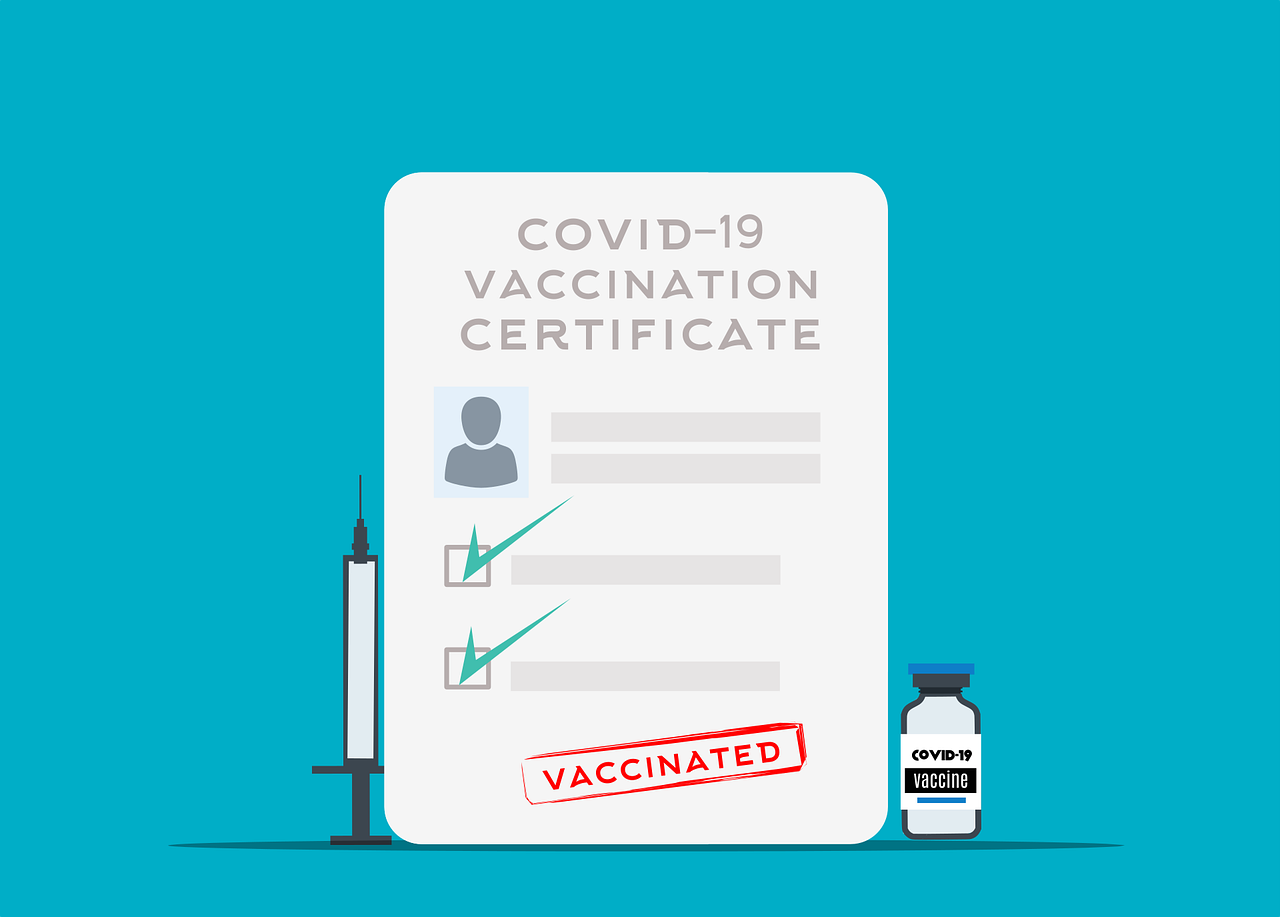
COVID-19 Travel Testing Checklist – CovidTests.co.uk
COVID-19 Travel Testing Checklist
Last updated 14 January 2021
While international travel is back on, navigating all the different rules and guidelines can be an expensive nightmare. That’s why we have put together our own step-by-step checklist for what you need to do before jetting off from and unfortunately eventually returning to the UK.
Although we do our best to ensure that all the information on this page is correct and kept up-to-date, rules and regulations can change at a moment’s notice. We recommend that you always double-check information here with official guidance. You can find this below:
- Rules for arriving in England: Click here
- Rules for arriving in Scotland: Click here
- Rules for arriving in Wales: Click here
- Rules for arriving in Northern Ireland: Click here
CovidTests.co.uk accepts no liability for any actions taken by you as a result of reading information on this page. It is your responsibility to check current government guidance before travelling.
Checklist for outbound travel
Getting testing done correctly for outbound travel will be the trickiest part of your journey. This is because every country has its own rules and requirements.
We recommend checking local travel information before making any plans. The UK Government website usually has up-to-date information, but we recommend using SkyScanner’s interactive map. You can use this to set your country of origin and destination to find out what the latest rules are.
1. Entry testing requirements
Entry requirements vary country-by-country. You’ll either need to be fully vaccinated or present a negative COVID-19 test result (or both) to enter and avoid quarantine.
While some countries require a negative PCR test, more and more are open to rapid antigen lateral flow test results instead. These are cheaper and show results quicker, which eliminates the anxious wait for PCR test results prior to your flight.
Testing and vaccination requirements can vary depending on the age of travellers, too. Many countries have exemptions for children under 12 or 16.
2. Vaccination requirements
Some countries won’t let unvaccinated passengers in full stop. Others will let in unvaccinated passengers and require them to either present a negative COVID-19 test result or quarantine at an approved facility. Meanwhile, some countries will require unvaccinated passengers to quarantine even if they’ve got a negative test result.
Being vaccinated isn’t a get out of jail free card in all cases, though. In many cases, especially now with the omicron variant, even fully vaccinated passengers must present a negative test result. Some countries (but albeit not many) will also require vaccinated passengers to quarantine upon arrival, an example being New Zealand.
3. When to test prior to travel
Test results are generally required to be no older than 24 or 72 hours at the time of departure depending on the destination.
This is a very important factor to keep in mind as you’ll need to correctly time your test. If you’re taking a PCR test, be sure to leave enough time for the test to be processed at the laboratory. This can take more than 24 hours. While there are firms offering expedited PCR test results, there are no guarantees.
If you’re taking a lateral flow test, this can usually be completed on the day of travel or the day immediately prior.
4. Pre-departure documentation
Many destinations require arriving passengers to complete paperwork such as passenger locator, health declaration, or travel registration forms. These must often be completed electronically within 48 hours prior to arrival.
Where the country requires mandatory quarantine, it is likely you will need to have your self-isolation accommodation or hotel booking registered prior to arrival.
5. Arrival testing requirements
Some countries require testing on arrival at the border. The way this works varies between different countries. Some will make passengers wait for a result whereas others will release passengers and contact them in the case of a positive test.
6. Quarantine & post-arrival testing
Some countries (including in the UK for ‘Red List’ arrivals) require passengers to enter quarantine at designated facilities or at their own accommodation after arrival. In certain cases, such as with a negative test or if a passenger is fully vaccinated, these requirements are waived.
Similarly, some countries impose post-arrival testing requirements for passengers. If you’re going to a country that requires this, it’s important to get everything booked before you leave.
Checklist for returning to the UK: Fully vaccinated travellers
Note: It’s crucial to check the latest guidelines for returning to the UK by visiting Gov.uk. The guidance below is for England however Scotland, Wales, and Northern Ireland usually mirror the rules put in place by the government in England.
1. Latest entry requirements
Again, we can’t stress enough how important it is to check the latest guidance. The last thing you want to do is get stuck in another country because some of the rules changed and you didn’t know about it.
2. Pre-departure test
As of 4 am on January 7th, 2022, fully vaccinated travellers no longer need to take a pre-departure test.
Pre-departure tests were briefly re-introduced as the Omicron variant emerged, however, falling case rates mean that the government is confident that pre-departure tests are no longer necessary.
3. Passenger Locator Form
You must complete a Passenger Locator Form within 48 hours of your return to England. This form includes information such as where you’ve been, how long for, where you’re staying upon arrival, and your post-arrival COVID-19 test booking confirmation number.
4. Post-arrival PCR test
You must take a COVID-19 test after you arrive in the UK, and this must be taken before the end of day 2 after arrival.
This test must be booked before you return to the UK, and you will need to provide the booking reference number on your Passenger Locator Form.
There is no requirement for what type of test this must be. It can be either a PCR test or a lateral flow test.
5. Home quarantine
Fully vaccinated travellers do not need to self-isolate at home while waiting for their post-arrival PCR test results. If your post-arrival PCR test result is positive, however, normal self-isolation rules will apply.
Checklist for returning to the UK: Unvaccinated travellers
The rules for unvaccinated travellers are slightly different.
1. Latest entry requirements
Again, check the latest entry requirements on the UK Government website.
2. Pre-departure test
You must take a pre-departure test if you are unvaccinated (i.e., if you have had less than two doses of an approved vaccine). This was the case prior to the omicron variant and will likely remain the case for the foreseeable future.
Your pre-departure test can either be a PCR test or a lateral flow test and the result must be dated within two days of your return journey. If you’re returning on a Friday, for example, you can test on any of Wednesday, Thursday, or Friday.
Due to the tight turnaround time, a lateral flow test is the most suitable due to the speed of results.
3. Passenger Locator Form
You must complete a Passenger Locator Form within 48 hours of your return to England. This form includes information such as where you’ve been, how long for, where you’re staying upon arrival, and your post-arrival PCR test booking confirmation number.
4. Post-arrival PCR test
You must take a COVID-19 PCR test after you arrive in the UK, and this must be taken before the end of day 2 after arrival. You must also take a second test on day 8 after your arrival.
These PCR tests must be booked before you return to the UK, and you will need to provide the booking reference number on your Passenger Locator Form.
5. Home quarantine
You must self-isolate at home for 10 full days if you are unvaccinated.
During this self-isolation, you will take your two PCR tests – one on day 2 and one on day 8. You must continue self-isolating even if your day 2 and day 8 tests are negative.
If your day 2 or day 8 test is positive, you must isolate for 10 extra days with the day of the positive test being day 0.
Returning to the UK from a Red List country
If you are returning to the UK from a Red List country, the rules are slightly different and apply to both vaccinated and unvaccinated travellers.
You must take a pre-departure test and fill out a Passenger Locator Form as normal. You must also book a quarantine hotel package which includes two COVID-19 tests.
Upon arrival in the UK, you must quarantine in a managed hotel for 10 days and take your two COVID-19 tests. This also applies to children aged 12 and over.
There are currently no countries on the UK’s travel Red List.



